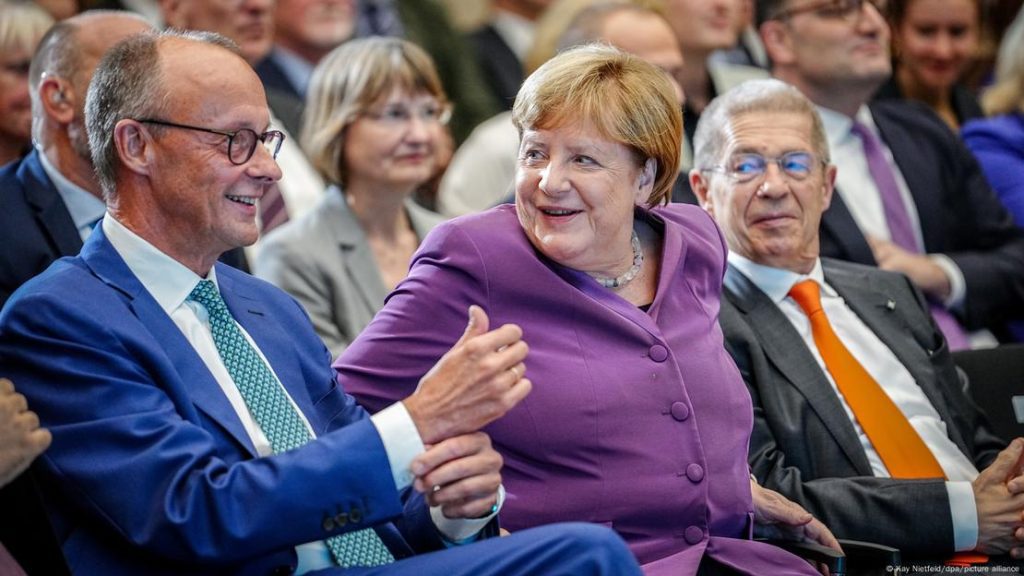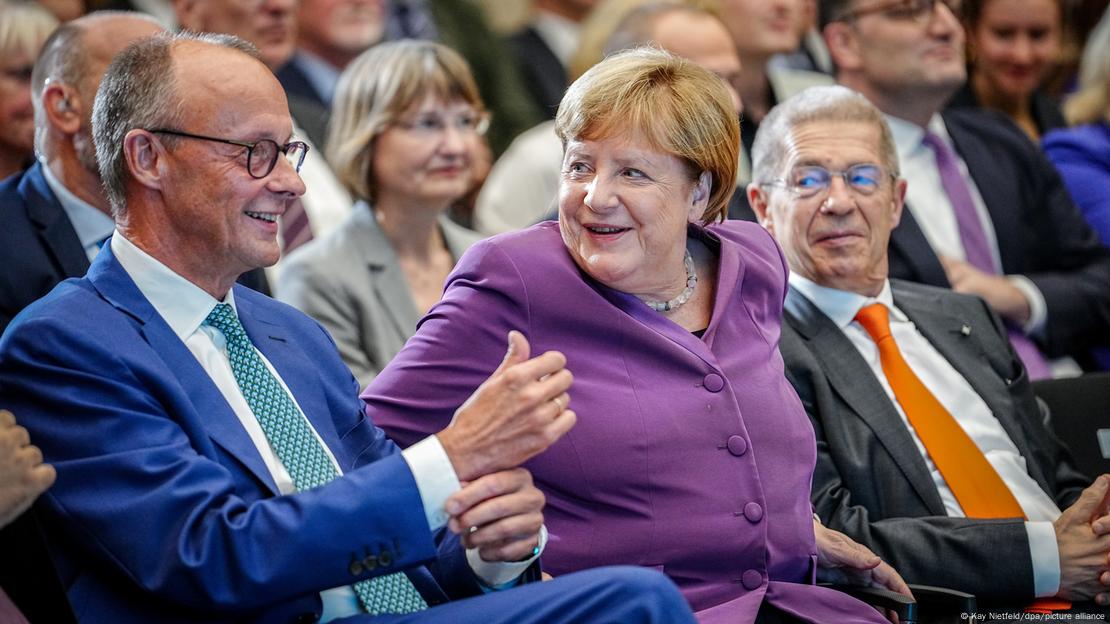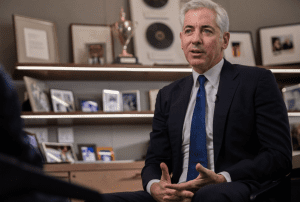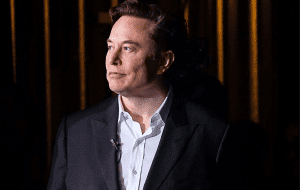Friedrich Merz, the new face of Germany’s chancellorship, is making headlines with his conservative comeback, bold coalition strategy, and controversial past. Here’s what you need to know.

A Return to Power
Friedrich Merz is poised to become Germany’s next chancellor in early May. At 69 years old, he will be the country’s oldest chancellor since Konrad Adenauer. But age isn’t slowing him down. In fact, it’s fueling his comeback.
His party, the Christian Democratic Union (CDU), along with its sister party CSU, secured 28.5% of the vote in the February elections. Merz will lead a coalition government with the center-left Social Democratic Party (SPD).
A Rocky Road to Leadership
Merz is no stranger to German politics. He once clashed with former Chancellor Angela Merkel, then stepped away from politics in 2009. After a successful run in the private sector, including a top role at BlackRock Germany, Merz returned when Merkel stepped down in 2021.
He became CDU party leader in 2022 — after two failed attempts.
Bold Moves, Mixed Reactions
Shortly after the election, Merz backed a controversial plan. He allowed the outgoing Bundestag to approve nearly €1 trillion in public loans, softening Germany’s strict debt rules. Critics — even from his own party — slammed the move.
The far-right Alternative for Germany (AfD) accused him of breaking campaign promises. Public trust wavered. While Merz’s CDU/CSU bloc dipped in polls, the AfD gained momentum. Both now hover at 24%.
Tough on Immigration, Soft on Boundaries?
Merz has taken a hard stance on immigration. He pushed a strict immigration law — and tried to pass it with AfD support. The move shocked many. Protesters denounced it as a dangerous precedent. For decades, mainstream German parties avoided any collaboration with the far right.
Merz insisted it was a tactical move — a bold gamble to limit the AfD’s rise. But the backlash was swift.
From Sauerland to the Bundestag
Born in the Sauerland region, Merz is a Catholic lawyer, like his father. He entered the European Parliament in 1989 and moved to the Bundestag five years later. Known for his sharp speaking style, he quickly gained influence.
His exit from politics in 2009 marked a shift to corporate leadership. But Merkel’s departure opened the door for his return. Now, he’s at the helm.
Controversy in His Wake
Merz’s positions have often stirred debate. In the 1990s, he voted against liberal abortion laws and even against the criminalization of marital rape. He has also spoken out about immigration, warning of “problems with foreigners” and calling for a “dominant culture” in Germany.
He remains a staunch nuclear energy advocate and a proponent of liberal economic reforms. Critics say his policies are outdated. Supporters argue he’s a steady hand in uncertain times.
A Conservative Turn for the CDU
Under Merz, the CDU has grown more conservative. But his message isn’t resonating with everyone. The SPD launched sharp attacks during the campaign. One leader accused him of dividing the country. Another called him “Germany’s mini-Trump.”
Still, Merz stands firm. He’s focused on reviving the economy, redefining alliances, and tackling geopolitical shifts — including challenges from the US and rising global tensions.
What’s Next for Merz — and Germany?
As chancellor, Merz faces an uphill battle. The economic crisis, populist threats, and coalition pressures will test his leadership.
But one thing is certain: Friedrich Merz is back — and he’s rewriting the script on Germany’s political future.



















Comments are closed.